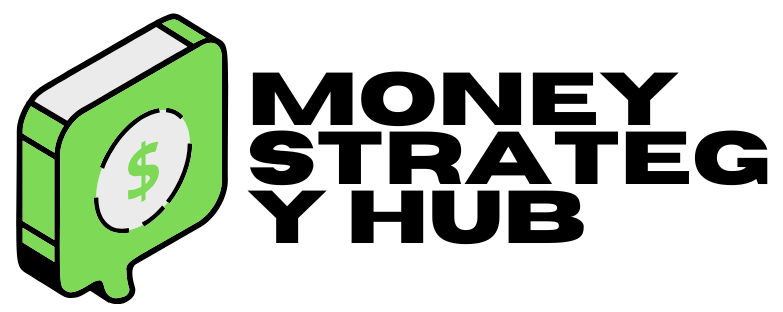Saving Isn’t Something You Do “If There’s Leftover”
Putting aside whatever’s left at the end of the month is rarely effective. Most people spend first and hope to save later. But when saving becomes a scheduled, fixed item—just like your phone bill or groceries—it shifts from optional to essential.
Creating that discipline early on helps grow financial stability and reduces the chances of falling back on credit cards during emergencies.
Set It and Forget It: Automate Your Contributions
Consistency is key—and automation is your best ally. Set up a recurring transfer that moves a set amount to your savings the moment your paycheck arrives.
- Pick an amount that challenges you, but won’t hurt your cash flow
- Divide it between short-term needs and long-term dreams
- Make it your first transaction after every deposit
Once saving becomes automatic, you’ll be amazed how quickly it adds up.
Name Your Goals to Make Them Real
Savings feel more meaningful when they have a name. Instead of a generic account, try labeling them: “First Apartment,” “Emergency Buffer,” “Freedom Fund.” This gives purpose to each deposit and turns your money into a mission.
Even small wins—watching the numbers rise—can fuel your motivation and help you stay on track.
Build a Wall Between You and Your Savings
Easy access is the enemy of long-term savings. The more convenient it is to withdraw, the more likely you’ll dip into it for non-essentials. Try this:
- Use a different bank for savings
- Skip linking it to your debit card
- Disable instant transfers between accounts
These little roadblocks help protect your future from impulsive decisions.
Paying Yourself First Changes Everything
Treating your savings as a top priority says something powerful: you value your future. It’s not just about financial safety—it’s about designing a life with intention and clarity.
It’s okay to start small. What matters is the habit, not the initial amount. Commit to saving like you commit to paying bills, and you’ll build not just a nest egg—but confidence, freedom, and peace of mind.


 How Tiny Financial Habits Lead to Massive Wealth Over Time <p class='sec-title' style='line-height: normal; font-weight: normal;font-size: 16px !important; text-align: left;margin-top: 8px;margin-bottom: 0px !important;'>You don’t need big wins to build a strong financial future—just small, steady actions that compound.</p>
How Tiny Financial Habits Lead to Massive Wealth Over Time <p class='sec-title' style='line-height: normal; font-weight: normal;font-size: 16px !important; text-align: left;margin-top: 8px;margin-bottom: 0px !important;'>You don’t need big wins to build a strong financial future—just small, steady actions that compound.</p>  Rethinking Emergency Funds: A Modern Strategy for Uncertain Times <p class='sec-title' style='line-height: normal; font-weight: normal;font-size: 16px !important; text-align: left;margin-top: 8px;margin-bottom: 0px !important;'>Today’s unpredictable economy demands a smarter, more flexible approach to financial safety nets.</p>
Rethinking Emergency Funds: A Modern Strategy for Uncertain Times <p class='sec-title' style='line-height: normal; font-weight: normal;font-size: 16px !important; text-align: left;margin-top: 8px;margin-bottom: 0px !important;'>Today’s unpredictable economy demands a smarter, more flexible approach to financial safety nets.</p>  Mind Over Money: How Feelings Drive Your Financial Habits <p class='sec-title' style='line-height: normal; font-weight: normal;font-size: 16px !important; text-align: left;margin-top: 8px;margin-bottom: 0px !important;'>To take control of your finances, you must first unpack the emotions influencing every choice you make.</p>
Mind Over Money: How Feelings Drive Your Financial Habits <p class='sec-title' style='line-height: normal; font-weight: normal;font-size: 16px !important; text-align: left;margin-top: 8px;margin-bottom: 0px !important;'>To take control of your finances, you must first unpack the emotions influencing every choice you make.</p>